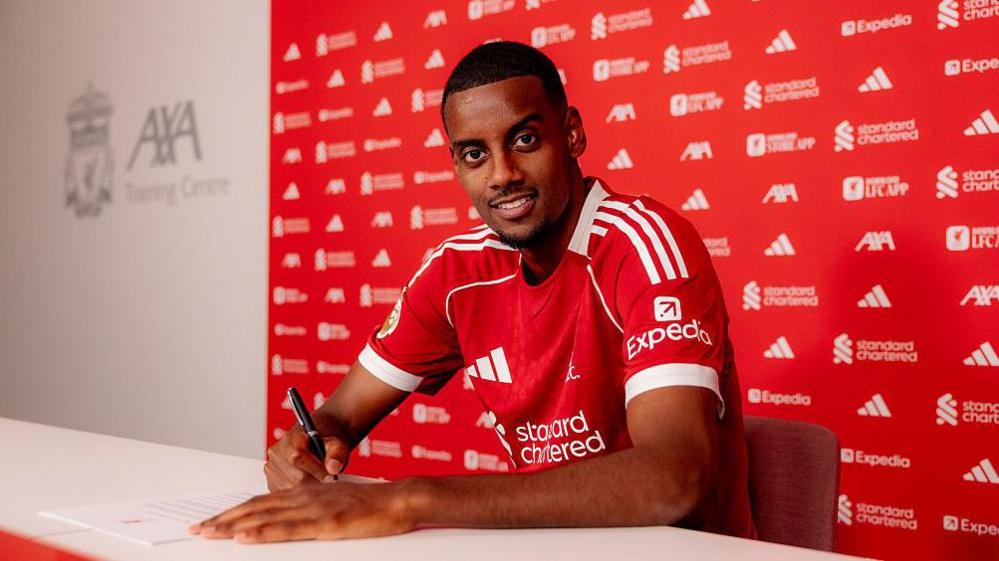The Premier League has experienced an unprecedented summer transfer window with a total spending of £3 billion, raising concerns about financial sustainability and competitive balance. Experts like Uli Hoeness and Christian Purslow have voiced their worries about the growing gap between the Premier League and other European leagues, as well as the impact of Profit and Sustainability Rules (PSR) on clubs’ ability to retain talent. The article explores the potential consequences of this spending spree, including the risk of financial instability, increased ticket prices, and the erosion of team identity.
The recent Premier League transfer window has been nothing short of extraordinary, witnessing a staggering £3 billion spent by clubs eager to bolster their squads. Fueled by a record-breaking £6.7 billion four-year domestic TV deal and increased revenue from expanded European competitions, top-flight English clubs have invested more than ever before. But this unprecedented financial outlay raises a critical question: is this level of spending sustainable, and what are the potential consequences for the league and the wider footballing landscape?

The sheer scale of investment has drawn both admiration and concern. FIFA recently lauded the “continuing expansion of international player mobility and the growing scale of the global transfer system,” highlighting England’s position as a leading investor in talent. However, many observers worry about the growing competitive imbalance within the league and the potential for a widening gap between the Premier League and other European top flights.
Uli Hoeness, honorary president of Bayern Munich, has been particularly vocal in his criticism, describing the spending as “completely crazy” and warning that it “can’t end well.” He pointed to the recent departures of promising young talents like Florian Wirtz and Nick Woltemade to Liverpool and Newcastle United, respectively, as evidence of the Premier League’s financial dominance. Bayern head coach Vincent Kompany echoed these sentiments, lamenting the difficulty of competing with even the smaller Premier League clubs.
The financial disparity is stark. Promoted Sunderland, for instance, had a bigger net spend (£118m) than any club in mainland Europe, apart from Real Madrid. This trend extends beyond the Premier League, with Wrexham’s £30m investment surpassing the net spend of established European giants like Barcelona, AC Milan, and Borussia Dortmund. This raises questions about the long-term health of European football and whether other leagues will be forced to adopt similar strategies to remain competitive.
Former Liverpool and Aston Villa executive Christian Purslow believes the Premier League’s spending is a direct result of its unparalleled media income. However, he expresses greater concern about the growing gap between the Premier League and the EFL, and the challenges faced by clubs in complying with Profit and Sustainability Rules (PSR). Purslow argues that PSR inadvertently incentivizes clubs to sell their best players to the league’s elite, further exacerbating the competitive imbalance.
“While it’s always been true that the biggest clubs come for players of ‘middle-ranking’ teams, that trend has become much more mainstream and is causing more of a polarisation between the winners and losers,” Purslow explained. He highlighted the case of Aston Villa selling Jacob Ramsey to Newcastle United, and Sean Longstaff’s move from Newcastle to Leeds, as examples of this trend. Purslow suggests that modifying PSR to encourage clubs to retain homegrown talent and allow greater owner investment could help address these issues.
Kieran Maguire, a football finance expert, agrees that the summer transfer window has reinforced concerns about the constraints faced by ambitious clubs like Nottingham Forest, Aston Villa, and Newcastle United. He points to the increasing reliance on deferred transfer installments, with outstanding debts exceeding £3 billion, as a potential risk to financial stability. Maguire warns that a financial crisis at one club could have a ripple effect throughout the footballing world.
Another notable trend has been the rise in loan deals with options or obligations to buy. While this can provide clubs with short-term flexibility, it also raises concerns about the transient nature of squads and the potential dilution of team identity. Furthermore, the recent instances of players, such as Alexander Isak and Yoane Wissa, publicly demanding transfers and refusing to train have sparked debate about player power and loyalty.
The potential for increased ticket prices to offset the cost of player acquisitions is also a concern for fans. The Football Supporters’ Association chair, Tom Greatrex, argues that clubs should not further burden loyal supporters, given that matchday income represents a relatively small proportion of their overall revenue. The debate over the future of financial regulations and the balance between competitive ambition and financial sustainability is likely to continue as the Premier League navigates this new era of unprecedented spending.
The Premier League's financial dominance is undeniable, but its long-term consequences remain to be seen. Will it lead to a more exciting and competitive league, or will it further entrench the power of the elite and create a widening gap between the haves and have-nots? Only time will tell.